Health
Male Manopause?
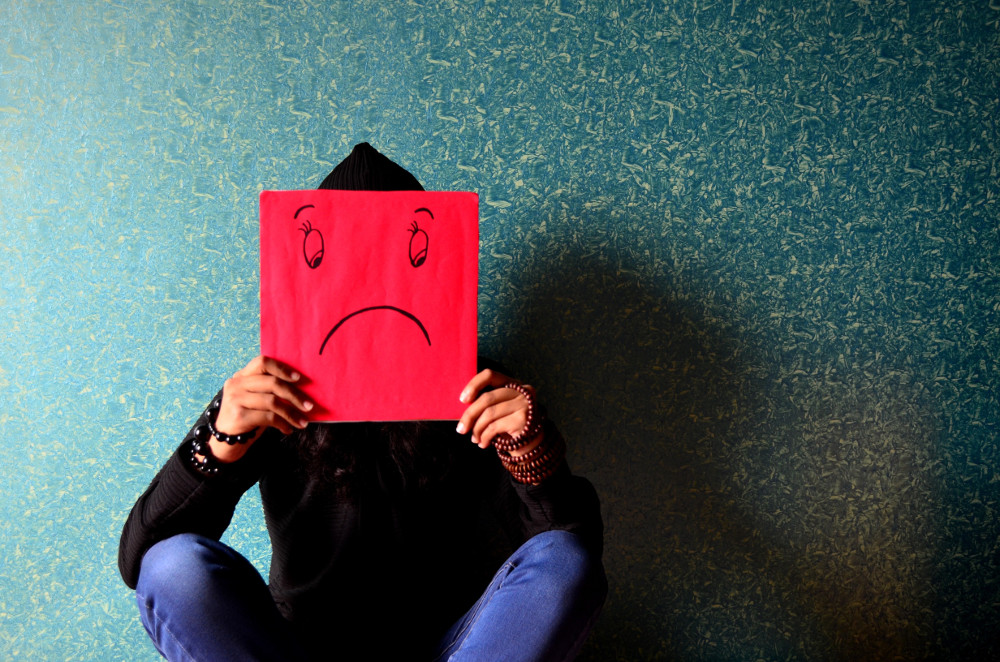
Yes, it’s not just women who experience Menopause
It’s been discreetly referred to as ‘the change’, partly due to a lack of understanding and partly to preserve the privacy and dignity of those going through it. Many people may have become aware of the process through their mothers or female partners, although may have shied away from asking too many questions or seeking out more information.
For as long as people have been aware of the menopause, it has been thought of as an exclusively female condition.
It’s not difficult to see why the menopause has traditionally been seen as something which only affects women. For a start, the whole process of the menopause is concerned with a part of the body which is the most distinctive between the sexes.
The menopause occurs in women when their ovaries stop producing eggs. Each women is born with all the eggs they will ever produce and these are stored in their ovaries. Typically women are born with two million eggs. A woman’s ovary will also produce the hormones estrogen and progesterone. These hormones control ovulation and menstruation and the production of them is slowed down considerably during the menopause.
Given that the menopause is so inextricably linked with a women’s ovaries, it can be difficult to get your head around the concept of the male menopause. However, it is a legitimate condition and one which health professionals have been aware of many years.
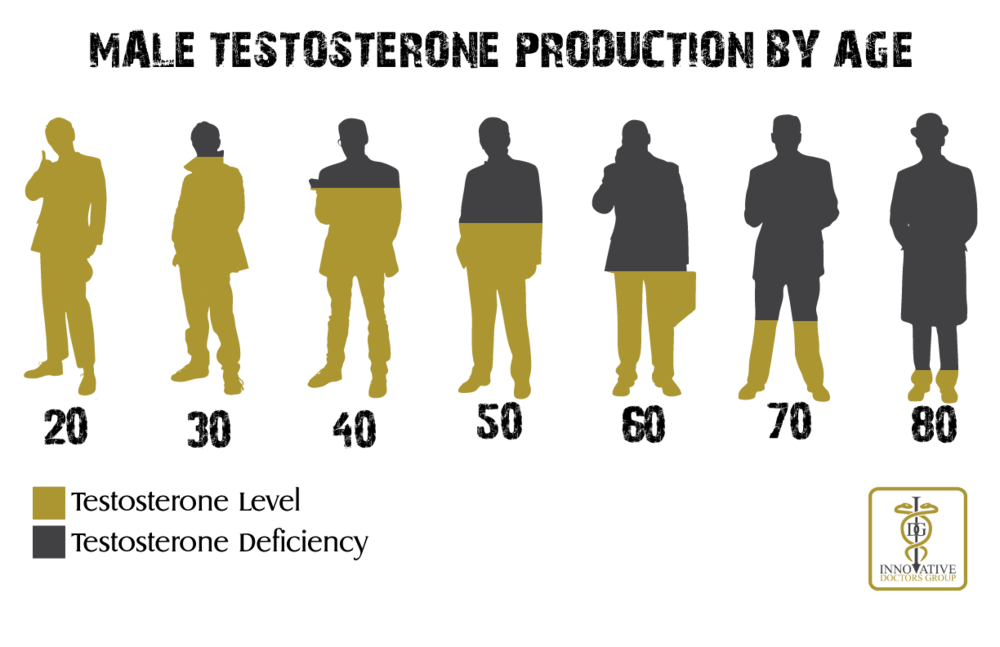
The male menopause, or coined, ‘Manopause’ – or andropause as it is also known as – refers to the period in which a man’s production of the hormone testosterone dramatically slows down. That process takes considerably longer than the female menopause, but can start earlier in men. While the female menopause can start in a woman’s 40s, and last for five years, a man can begin to lose his testosterone in his 30s and can continue to do so for another 30 years.
Men tend to deal with this hormonal deficiency by seeking out new stimulants in a bid to recapture their youth, and therefore virility, and that’s where we get the concept of a mid-life crisis. Men are less likely to approach the male menopause from the point of view of their overall health.
However, just as in women, the male menopause leads to significant changes in a man. A slowing down of testosterone production can produce physical and psychological changes, as well as having an effect on a man’s sex life. Testosterone may be viewed as the hormone most associated with virility and a man’s sex drive, but it is much more than that. It is the hormone which impacts physical strength as it helps to maintain muscle mass and it can also give the body energy and control mental strength too. It is also responsible for stimulating puberty and has other more wide-ranging physiological implications for the body as a whole.
When many of these key functions begin to diminish, therefore, these are signs that a man could be experiencing andropause. While testosterone production in men begins to slow in their 30s, the male menopause doesn’t fully kick in until a man is in his 50s. Symptoms can include a general lack of energy, difficulty sleeping, loss of muscle mass, irritability and mood swings and a loss of concentration.

Despite this loss of testosterone, however, men’s reproductive ability is not generally affected. In fact, many men remain capable of reproducing into their 80s. Playboy magnate Hugh Hefner certainly showed no signs of slowing down as an octogenarian. Whether you are a man or a woman, ‘the change’ can be a difficult thing to deal with. Although it is an evitable part of many people’s lives, it is not something which you should be resigned to suffering from. Approached from a health and medical point of the view, the adverse effects of the menopause can be minimised and there are many companies which offer a range of solutions which can help to ease you through the difficult period.
Many offer natural remedies and supplements which can be taken to lessen the effects of the menopause and help you come out the other end unscathed. Optimal Wellbeing, for example, provide a range of combinations which can help maintain your body’s health through the ageing process. While menopause itself is not a major health concern, failure to deal with it adequately can lead to other complications, such as a reduction in body strength and damage to your body’s immune system.
Optimal Wellbeing’s range of positive ageing products can boost your overall energy levels, help strengthen bones, give you healthy teeth and hair, regulate sleep patterns, improve your immune system and increase libido. If you are interested in availing of the products Optimal Wellbeing have to offer, or if you have any general concerns about ageing and your health, contact jill@myoptimalwellbeing.com
Although it may sound like it, the menopause doesn’t mean you have to put your life on hold while you struggle through it. That is certainly the belief of author Jill D Davey. In her book ‘The Menopause Cure: Hormonal Health’, Jill argues that rather than surrendering to the menopause, women should feel empowered and proactive in taking control of their health and wellbeing.
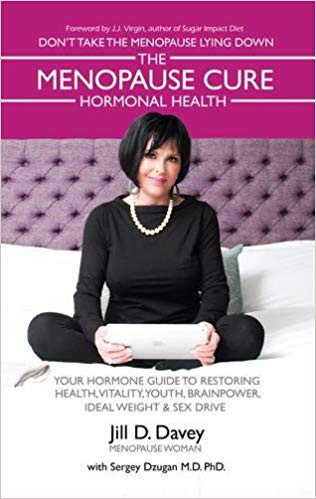
Drawing on her own experiences with the menopause, Jill reveals how her research into restorative medicine and bioidentical hormone therapy unlocked the secret of longevity and how to grasp that new lease of life that is available following the menopause.
An imbalance in hormones which is caused by menopause can lead to certain conditions and diseases in later life and Jill is determined that these can be avoided with the help of restorative medicine. In putting together the book, Jill spoke with a number of experts from across the world in the field of restorative medicine and bioidentical hormone replacement therapy (BHRT), including Dr Sergey A Dzugan with whom she co-authored the book.
She has made it her mission to make the menopause not something which is to be dreaded and surrendered to, but an opportunity for woman to address their health as they move into a new stage of life. Jill@myoptimalwelling.com
You may like
Health
Dry January not gone as planned?

Well let’s see whether February can be any better
January is a troublesome month in many ways and many say February is no better. There’s the obvious post-Christmas downer we all experience, which usually kicks in once you’ve taken down the decorations and boxed them up for another year. You’ve spent the festive season eating and drinking to excess and seen your waistline expand and the only thing shedding pounds is your wallet.
It’s cold, it’s dark and payday is a long way off. Psychologists have even come up with something they call Blue Monday, which kicks in about two-thirds of the way through the month and is supposed to be the prime time for the January blues to really really bite. You need a drink, but you can’t even turn to that now as you’ve sworn you’re definitely doing Dry January this year and possibly going to see whether you can stretch it to February.
Dry January originated as a drive by alcohol awareness charities such as Alcohol Change UK and is intended to promote the benefits of abstaining from alcohol for 31 days at the start of the year. Health experts are certainly aware of the upside. In recent years, studies have shown that, if you are medium to heavy drinker, giving up alcohol for a month can help you shift an average of 2kg in weight. There are also benefits for your blood pressure with abstinence leading to a drop in blood pressure of around 5% and you are a third less likely to be at risk from diabetes.
However, some experts also warn that a sudden and enforced detox like this may not be the best way to address your relationship with alcohol and recommend moderating your drinking over a longer period of time instead. Total abstinence can be followed by a period of reward, when people think that their month-long detox means they can go back to drinking at the same levels they did before, and some even increase their drinking to make up for the lost month.
Critics say that the pitfalls of drives like Dry January lie in the fact that people feel they are being forced to do something rather than deciding to cut down on their alcohol intake because they want to.
In fact, the vast majority of people who start Dry January rarely make it to the end with their sobriety intact. Many find it too difficult to go cold turkey after spending the previous month using wine and beer to wash down warm turkey.
Cutting down on drink at this time of year can be tough, but there are ways to make it easier. The first is to seek out alcohol-free alternatives to your favourite drinks. You might also want to consider rescheduling social events where possible as these are often the occasions when it is most difficult to avoid taking a drink if you are used to doing so.
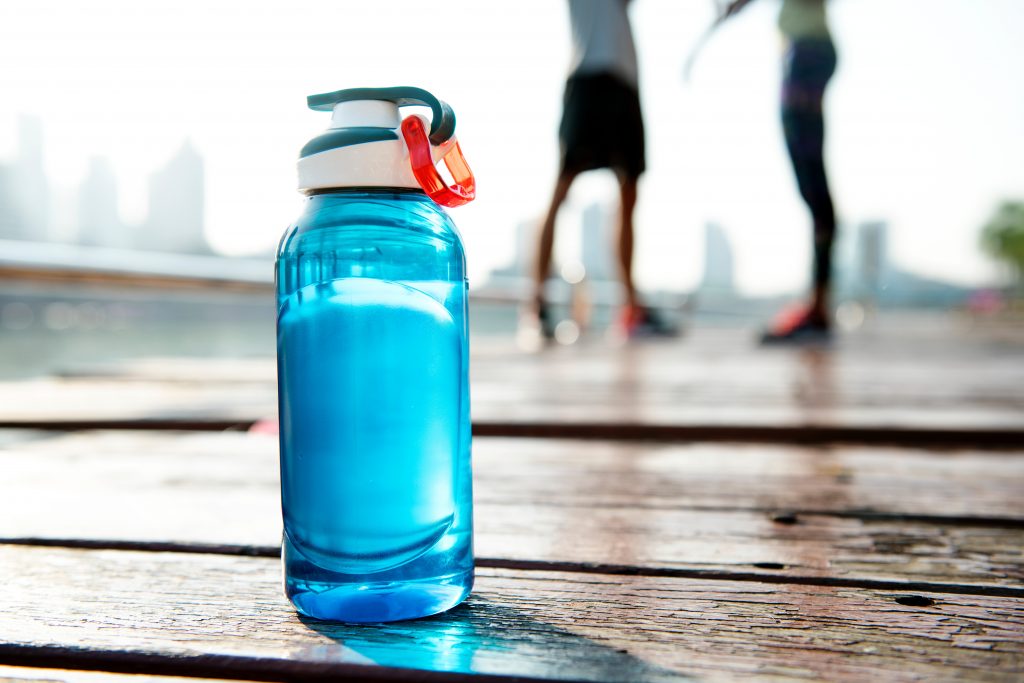
As part of a wider drive to detox, you should drink plenty of water throughout the day and eat better overall. You should also think about taking up a new activity and getting more active. Not only will this improve your health and fitness, but it will keep you busy (and tire you out!), leaving you less likely to reach for that drink.
Dramatically reducing your alcohol intake can improve your health, from losing weight, to reducing blood pressure, giving you better skin and improving your concentration. However, the sudden shock to the system that something like Dry January can be difficult to absorb, and with all the factors mentioned earlier that can contribute to a sluggish mood at this time of year, sometimes we need a helping hand.
Many people may have started a more nutritious diet at this time of year and the annual health kick can lead many to continue their healthy eating regime throughout the year. However, sometimes eating vitamin-rich food may not be giving us all the nutrients we need for a number of reasons. Some foods don’t contain the requisite concentration of the vitamins we need while other foods which are high in those vitamins prove difficult for our bodies to break down, and so we are not getting the full benefits of them.
You need something which will get those nutrients straight to your door and then straight into your body. That’s where home delivery IV nutrient therapy comes in. Such services are now quite widespread, with clients given the option of visiting a number of locations or having the treatment administered at home.
IV Boost is one such company by Dr Joshua Berkowitz, the IV drip therapy IV Boost provides does not take the long round, it gets the vitamins and minerals straight into your bloodstream so they can start acting right away.
You’ll feel the benefits instantly, with a string of satisfied patients already extolling the benefits of IV drip therapy. IV Boost has already been given the thumbs up by athletes, celebrities and busy professionals. Treatments typically take around 45 minutes to an hour and patients report of feeling the benefits straightaway.

The therapy has range of great benefits, from reducing tiredness and fatigue to maintaining healthy bones, muscles, teeth, skin and hair. Particularly at this time of the year when immune systems are flagging and there are all kinds of nasty bugs and viruses flying about, IV drip therapy can help fight off the onset of colds or flu and get you motoring again.
The therapy can also supercharge your detox and dieting efforts, helping you keep those New Year’s resolutions on the straight and narrow. With the detoxification boosters from IvBoost, the toxins are removed from your body and that can help maximise your own efforts at weight loss. It will also recharge your batteries, raising energy levels and allowing to exercise more effectively.
This is also the time of year when people are more likely to face mental health fatigue. With an energy booster administered by IV drip, patients have reported that not only do they feel more energised, but that they mental wellbeing has improved dramatically, cutting out the Blue Mondays.
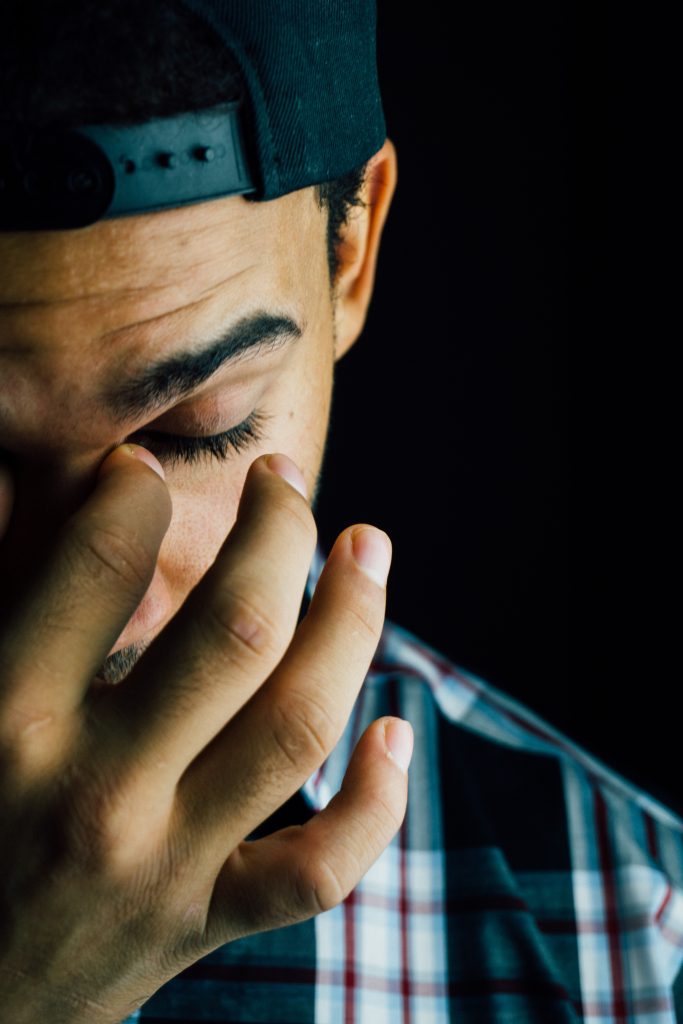
Sickness and stress are the two greatest barriers to productivity in the many workplaces, and it’s no surprise to discover that both are intertwined. Suffering from anxiety and stress due to being overworked makes your body much more prone to infection and your health suffers as a result.
If you run your own business, you will be aware of the financial cost of sick days and, even as an employee, too many sick days does not look good on your record. Giving your health an IV boost from time to time is a great way to keep the wheels of industry turning.
And, even if Dry January hasn’t gone as planned or if you’re planning a big blow out, there are emergency IV delivery services available which can get you rehydrated in double-quick time, allowing you to quickly shake off the aftermath of ‘the night before’.
So, as we bid January a welcome goodbye, it may be time to give those detox efforts a boost. Check out IV Boost
Or need something in the office or at home check out IV Doc
Health
The Balding Truth
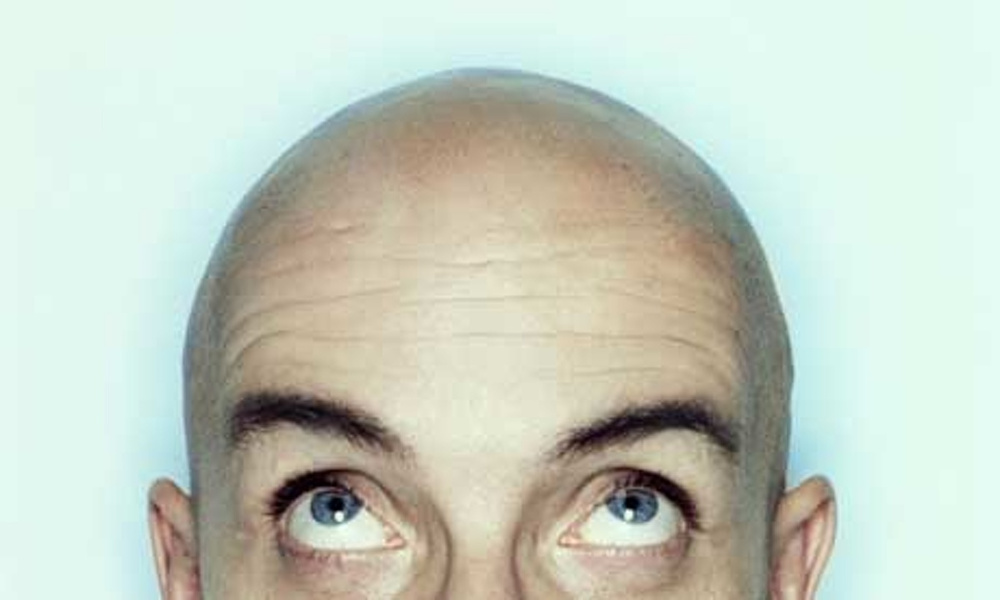
1 in 3 people, almost 1 in 2 people are suffering here in the UK
- 40% of men will have noticeable hair loss by age 35, 65% of men by age 60, and 80% of men by age 80.
- 75% of British men believe hair loss cannot be prevented.
- British men are the most likely in Europe to worry about balding however they are the least likeliest to do anything about it.
- Normal hair loss is considered to be 100 hairs shed per day, based on the average scalp containing 100,000 hair follicles.
- 87% of British men don’t know that there are scientifically proven and medically approved hair loss treatments.
- And the most surprising statistics, roughly a third (30%) of hair loss sufferers would give up sex if they could get their hair back.
Here at City Man we understand the personal anguish that hair loss can bring, and the difficult journey that you might have to face to try and find a solution. One of the founding members of City Man suffered with hair loss and discovered first hand what a mine field hair loss treatments can be.
If you’re losing your hair, it can be a very sensitive subject. And at times, it might feel that you’re the only one, surrounded by friends sporting a full head of hair.
However, no matter how you might feel, hair loss is a common problem in the UK. More than 1 in 3 people are affected, the majority of which are men.
The good news is that there have been huge strides in developments and there are now successful treatments available for hair loss of all types.
Understanding The Cause Of Hair Loss
When people refer to hair loss, they often don’t appreciate that it’s not a one size fits all problem. Hair loss can occur for many different reasons and in some cases it’s necessary to address the underlying issue to get a good result.
Not all types of hair loss are permanent and identifying the cause may be sufficient to reverse the trend and restore proper growth. However this isn’t the case for everyone, and in some cases hair transplants are necessary to regain the hair that’s been lost.
“We have seen over 10,000 cases of hair loss, even though we see a pattern, every case is treated as an individual. One person to another does not have the same skin type, lifestyle, expectations, medical background, personal circumstances or time, we look at everyone holistically and then make a treatment plan that works”
– Warren – Landmark Hair Loss Clinic
There are a wide range of potential causes; below is a quick run through of the most common
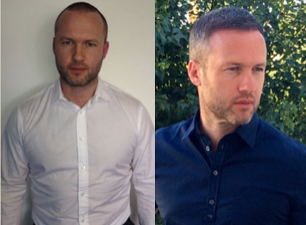
Landmark Hair Loss Clinic Client – Scott
Normal shedding
If you notice that your hair sheds when you wash or brush it, you may be concerned that you’re experiencing hair loss even if there’s no noticeable thinning visible.
The typical person sheds approximately 100 hairs every day, and 80% of our hair will fall out simply through routine brushing and washing. Therefore if you notice some hair loss it doesn’t necessarily mean there’s cause for alarm.
The vast majority of people will grow more hairs than those that fall out so you’ll never notice any thinning or bald spots. If your hair looks the same as usual, and the amount of hair loss isn’t excessive or increasing, there’s no need to worry.
Male pattern baldness
This is the typical type of hair loss that’s seen in men, and has a genetic component. Whether you suffer from male pattern baldness or not is a lottery, and simply down to whether you inherited the gene or not.
The exact cause hasn’t yet been pinned down precisely but it’s believed to be caused by an over-sensitivity in the hair follicles which react to a byproduct of testosterone.
Around half of all men in the UK will suffer from male pattern baldness by the time they reach 50 years of age, but it typically starts much younger. Men with the gene will normally start to notice thinning and receding hairlines while they’re in their 20s and 30s.
This is the most common type of hair loss and it usually follows a specific pattern. The first area to be affected is the hairline which begins to recede; this is followed by thinning at the temples and the crown. The degree of hair loss varies from one individual to another but in some, it leads to complete baldness.
The International Society of Hair Restoration Surgery say that 40% of men will have noticeable hair loss by the age of 35, not an insignificant number.
Alopecia Areata
Most commonly seen in individuals aged 15-29, Alopecia Areata can affect both genders and causes small clumps of baldness, usually the size of a coin.
This hair loss can happen at any time but is typically temporary, with the hair growing back within a few months. Frequently the first hair to grow back is fine and downy and may be white in appearance. This is then replaced with normal hair.
In some individuals Alopecia Areata can go on to develop into Alopecia Totalis which means that there is no hair left on the scalp. Another severe variant is Alopecia Universalis where there is no hair on either the body or the scalp.
Vitamin Deficiencies
You may have heard that certain vitamins are good for your skin and hair but did you know that a deficiency can cause hair loss?
A diet that’s low in vitamins B12 and D, as well as iron, can trigger hair loss by prematurely triggering shedding. As well as a poor diet, surgery, illness, and over-exercising can all cause a vitamin deficiency that affects the hair.
Illness
Aside from harsh treatments such as chemotherapy which can cause hair loss, there are a number of illnesses which can also result in the loss of locks. Ringworm, psoriasis, and eczema are the most common of these.
Despite what the name sounds like, ringworm isn’t a parasite but a fungal infection. It’s contagious and passed on by sharing brushes, sheets and towels with an infected person. The condition typically leads to bald, scaly patches in the hair but a medicated shampoo and oral treatment can provide effective treatment.
Psoriasis can affect any of the skin on the body, causing thickened, scaly lesions. When it occurs on the scalp it can cause hair loss. Treatment is focussed on descaling the skin but steroids are sometimes required to reduce the inflammation.
On its own eczema doesn’t cause hair loss, but this and other associated skin conditions such as dermatitis can cause itchiness. The scratching can lead to damage to the scalp, as well as breakage and loss of hair as a result.
Mistreatment
There are a number of different hair processes that can weaken the follicles and if repeated over a prolonged period can cause the hair to break and split. Some examples include backcombing, hair dye and straightening, and even heavy-handed brushing. The hair loss won’t be permanent but in the short term can cause hair weakness, leaving it liable to split, break or feel lank and thin.
Talk To A Professional
Hair loss is distressing for both men and women, but with such a wide variety of causes there really isn’t a one size fits all approach. Understanding the cause is the most important factor as it may be simple to correct. For those cases that can’t be simply remedied, you’ll find a vast market of different treatments available, including both surgical and non-surgical options.
It’s always good to get professional advice, to save spending money on treatments which aren’t suitable. The very experienced folk over at Landmark are always happy to help so if you want general advice or a full consultation just get in touch. If you’re phone-shy, they’re even happy to chat over WhatsApp.
“Many of our clients now choose to message over WhatsApp, easy to send over pictures, discuss options and in some cases even price up the treatment all over WhatsApp, people are busy, the world is changing so we have to change with it”
– Landmark Hair Loss Clinic
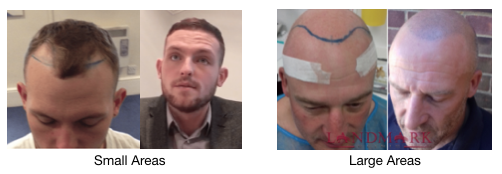
Landmark Hair Loss Clinic Clients
In the meantime, keep an eye out here at City Man as we’ll be featuring plenty of articles on the subject of hair loss in the months coming up.
Want to make a free consultation with Landmark Clinic? Then get in touch, they offer in-clinic consultations, over Skype, Whatsapp, a simple phone call or even a location near you. Furthermore, all those who quote City Man get 10% off all treatments and surgeries
Health
Stronger Muscles For A Longer Life

Although many of us spend hours working out to try to look good, in fact that time on the treadmill may actually have a greater overall benefit. Evidence has now shown that if your spend more time trying to become stronger, you could possibly live longer – and that’s something that most of us would really appreciate!
Researchers at the University of Michigan who have been carrying out a study have found that strength levels could be an essential element when extending lifespan. The team found that people who had low muscle strength had a 50% greater chance of an earlier death than those who had a stronger grip – worrying statistics indeed.
The result shows that maintaining good muscle strength during one’s lifespan, and particularly during later life, couldn’t be more important when it comes to ageing independently and increasing longevity.
The Importance Of Grip Strength
It is believed that grip strength is a useful predictor of longevity and overall health. In fact, it could even possibly more a more effective measurement than more commonly-used forms of measurement such as muscle mass which are currently relied on by doctors. It is actually fairly easy to measure grip, since the only requirement is a basic test during which the patient squeezes a dynamometer which measures their strength in terms of kilograms.
As part of the research, data was analysed which had been collected from over 8,000 women and men of the age of 65 years or older. Their strength level was determined by cut points, and “muscle weakness” was classified as anyone whose hand-grip strength was under 22 kg for a woman or 39 kg for a man.
Using this criteria, 46% of participants were found to be “weak” – a huge difference from other research carried out which showed that around 10%-13% of people fell into this category and were therefore at greater risk of an earlier death.
This finding placed an emphasis on the importance of grip strength measurement as a tool for doctors to use on their patients to determine their likelihood of developing medical issues in the future, even if they had not yet shown any other indicator of suffering from an age-related health problem.
The Swedish Study
Another study into muscle strength and lifespan which was carried out in Sweden also appears to back up these findings. Tracking over a million Swedish teenage boys over the course of 24 years, this research revealed that the boys who had lower muscle strength at the beginning of the survey had a greater chance of dying early. In fact, the impact of having low levels of muscular fitness was shown to be similar to other known risk factors linked to early death like hypertension and obesity.
During the 24-year-long study, 2.3%, or 26,145 of the participants died. Most died because of accidents, with suicide the next common cause followed by cancer, then heart disease followed by strokes. It was proven that those teenagers who had a higher than average muscular strength when beginning the study were at a 20%-35% reduced risk of dying early from cardiovascular disease and any other causes including suicide. They were also as much as 65% less likely to suffer from psychiatric problems like depression or schizophrenia which could also contribute to an earlier than average death. Conversely, teenagers who had low muscular strength were at greatest risk of death before the age of 55.
The Importance Of Physical Activity
Both studies revealed that participating in regular physical activity at all ages prevents young people from developing medical problems later in life while also boosting well-being, mental health and ability to concentrate on tasks and activities. By maintaining an active regimen of strength training, it’s possible to remain healthy regardless of your age, however anyone who has concerns about their grip strength can try specific exercises which will work on the forearm muscle groups. There are also tools available which have been designed specifically to build up strength which can also be useful. By staying strong and keeping moving, it’s possible to live longer and better – well into old age.
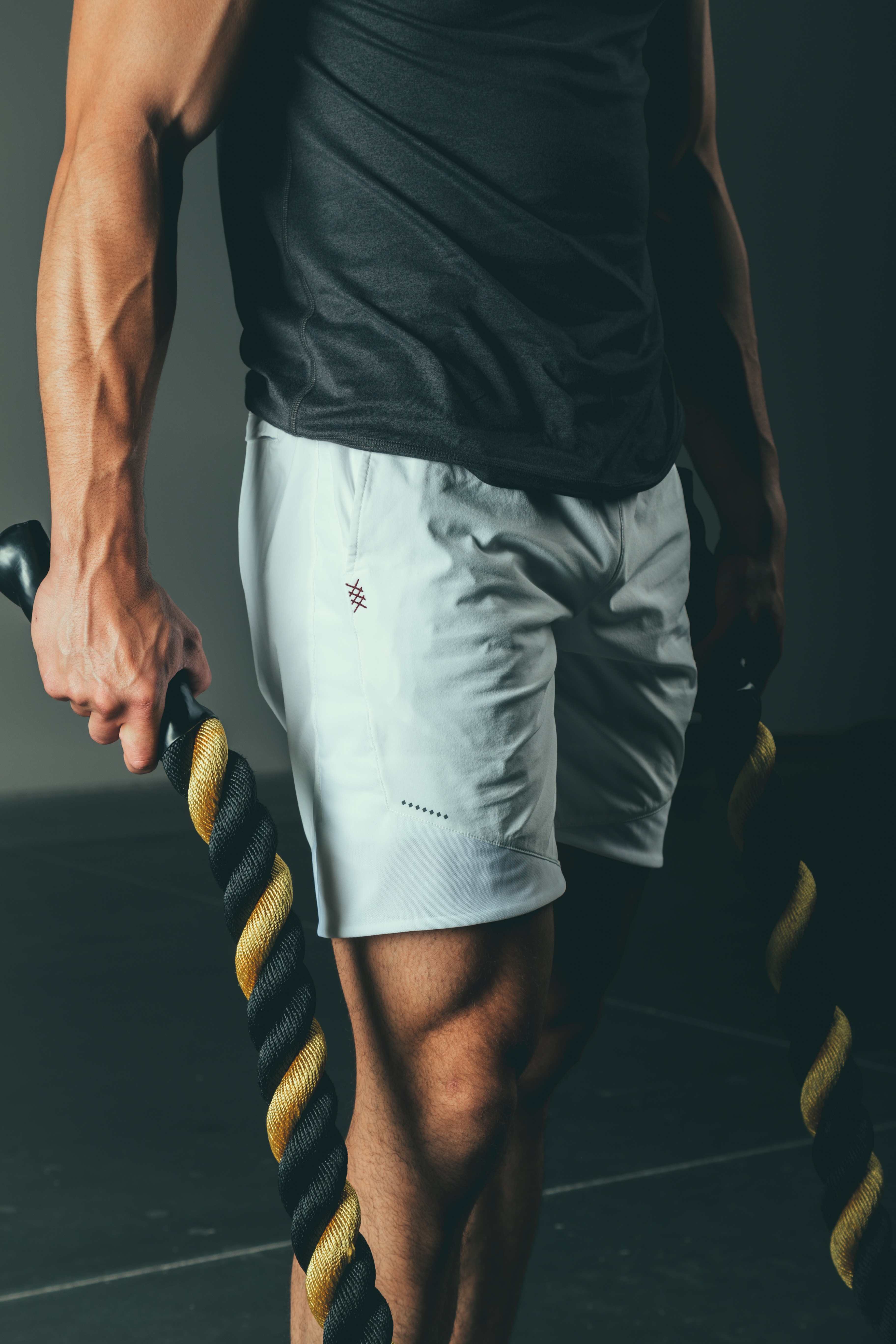
How To Build Strength
Building strength is something which can only be achieved by implementing a regular exercise regime. There are several key things to bear in mind when embarking on such a programme.
- Keep to low rep ranges – it is more effective when it comes to gaining strength to lift in low rep ranges (1-5 reps). When you work at this range, your body will recruit its muscle fibres efficiently for better strength overall.
- Track your progress – it’s important to continue to build on your load over time in order to continue to build strength.
- Nutrition is key – adequate fuel is important to reach your strength goals. Eating a balanced diet and refuelling with carbs and protein is vital for energy and muscle growth.
Stick to a simple routine – classic exercises like bench presses and squats maximise your muscle recruitment - Get enough rest – rest for 3-4 minutes between each set of exercises so your body can recover and recharge. Also, make sure to have sufficient sleep between workout sessions.
- Don’t allow form to suffer – over time, it’s easy to fall into bad habits and this could cause injury or poor results. Stay on top of your proper form.M/li>
- Do compounds – exercises which work more than one muscle at once triggers better muscle growth.
- Use barbells – this allows you to lift much heavier weights and to trigger better muscle growth.
- Increase frequency of training – as you get fitter, start to exercise more frequently.
- Stay consistent – an ongoing programme of training paired with good nutrition is the key to success.
- By putting in place a regular routine and sticking to it as well as living a healthy lifestyle, your muscles will grow stronger and you’ll give yourself the best chance of living a long and healthy life.
Subscribe
Bar & Club Table Booking

Table and guestlist bookings for you and your guests in and around London. And how about complimentary drinks for your birthday evening in London? It would be rude not to!
FIND OUT MORE...
Ongoing & Upcoming Events



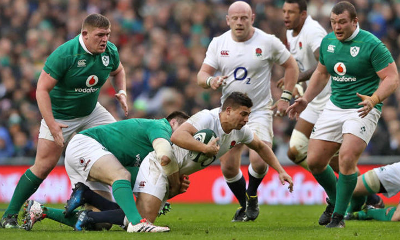
Featured
-
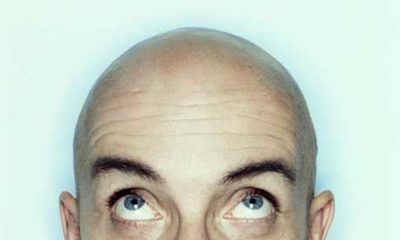
 Health6 months ago
Health6 months agoThe Balding Truth
-

 Health6 months ago
Health6 months agoThe Number One Killer In The UK
-

 Lifestyle4 months ago
Lifestyle4 months agoToo Busy to Find the Love of Your Life? Don’t Worry, Help is At Hand!
-

 Lifestyle6 months ago
Lifestyle6 months agoTen Secrets For Keeping The Lady In Your Life Happy (Yes, You Can Do It!)
-

 Wealth6 months ago
Wealth6 months agoThe Mid-Life Finance MOT – Giving Your Wealth A Check-Over
-

 People Focus6 months ago
People Focus6 months agoAndy Goode, the man who doesn’t like to do things once
-

 Lifestyle6 months ago
Lifestyle6 months agoGrooming and Aesthetics
-

 Lifestyle4 months ago
Lifestyle4 months agoChristmas Gift Guide: Some Seasonal Inspiration








